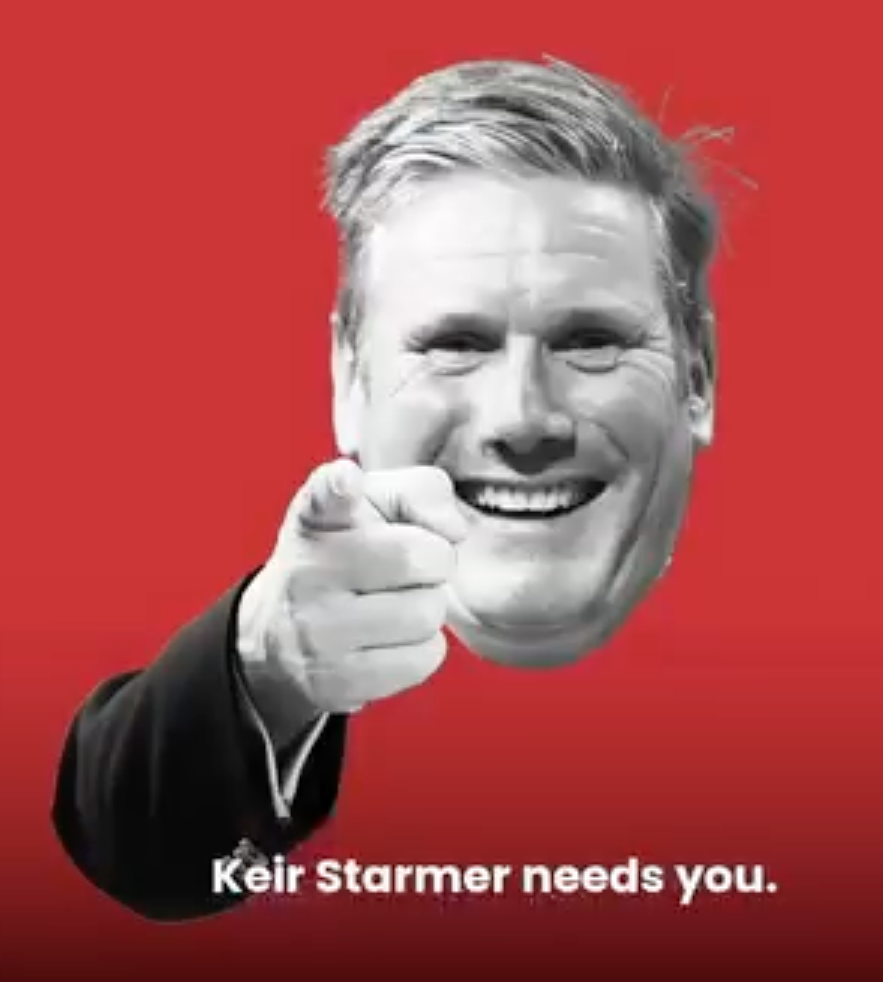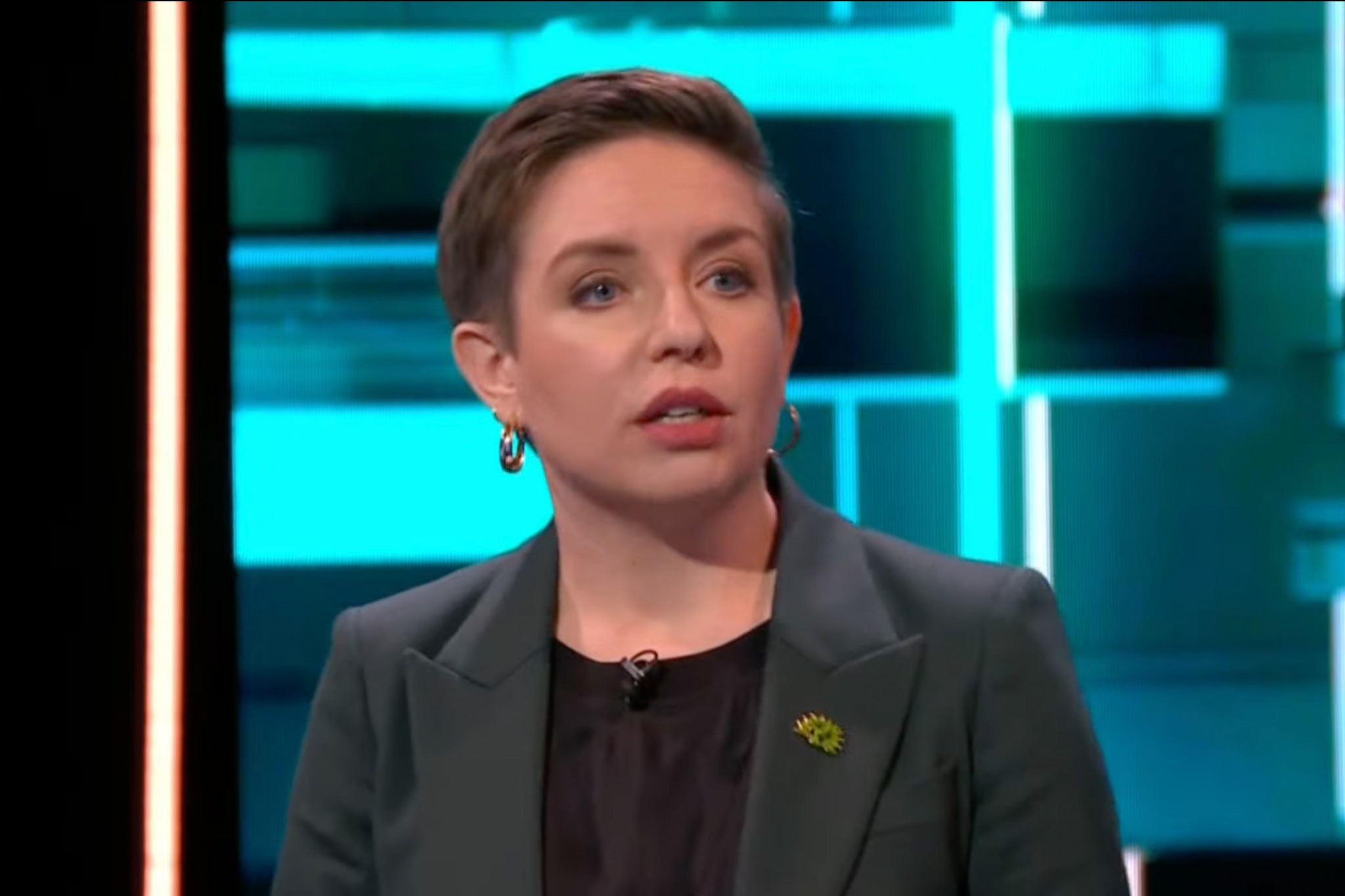Inside election social media campaign costs as Labour outspends all other parties combined
Labour has spent over £2.4m since May 22 on Meta and Google ads alone

Your support helps us to tell the story
From reproductive rights to climate change to Big Tech, The Independent is on the ground when the story is developing. Whether it's investigating the financials of Elon Musk's pro-Trump PAC or producing our latest documentary, 'The A Word', which shines a light on the American women fighting for reproductive rights, we know how important it is to parse out the facts from the messaging.
At such a critical moment in US history, we need reporters on the ground. Your donation allows us to keep sending journalists to speak to both sides of the story.
The Independent is trusted by Americans across the entire political spectrum. And unlike many other quality news outlets, we choose not to lock Americans out of our reporting and analysis with paywalls. We believe quality journalism should be available to everyone, paid for by those who can afford it.
Your support makes all the difference.Labour has spent over £2.4 million on social media ads since the general election campaign began, more than twice as much as the Tories.
Analysis by campaign spending non-profit Who Targets Me has found political parties spent more than £3.49 million on social media advertising since Rishi Sunak called the election on 22 May.
Around 70 per cent of that has been commissioned by Labour Party groups and candidates, including Sir Keir Starmer, Welsh Labour, and Rachel Reeves. By comparison, the Conservative Party has spent £906,916 on social media advertising during the same period almost all of which has been targeted via Meta / Facebook.
Sam Jeffers, co-founder of Who Targets Me, says Labour’s social media spending is also more diversified than the Tories’.
“I think the main difference between the two parties is that Labour’s done a lot more [social media campaigns] through candidates, as well as more regional pages. It also has a lot more of its shadow front-bench individuals running ads too. The Tory campaign so far has been run primarily through the main Conservative Party page.”
Meta (Facebook) and Google (including YouTube) are the two main avenues for digital advertising. However, almost all parties have focused on Meta advertisements and invested next-to-nothing in Google.
Only Labour has invested a substantial amount in Google advertising, to the tune of £831,000.
While the Tories have invested the most in ads for the main Conservative Party Facebook page, (£566,672), Labour’s social media campaigns on Meta have been more widely spread across the main party (£184,000), regional groups, and candidate-specific Facebook pages.
Labour's now running a number of ads to designed counter Conservative claims about their plans on tax. Interesting that they aren't targeting people 18-25 and 65+ with these. pic.twitter.com/SHV3lesYqC
— Who Targets Me (@WhoTargetsMe) June 13, 2024
Mr Jeffers explains Labour’s higher spending on social media may be explained by a more coordinated and prepared digital strategy.
“Some of it is due to preparation. Labour had far more candidates selected at the start of the campaign, and everyone felt very briefed. they had all recorded candidate videos, they’d been trained on how to run their own ad campaigns,” he said.
Mr Jeffers added: “When you look at Labour Party social media accounts, most are using Labour branding, and the Change slogan. Whereas if you look at the Conservative campaign, it’s got lots of freelance going on, and people doing their own thing. Only some people are using party branding.”
Five new Tory ads attacking Labour on tax started running overnight. https://t.co/pEnaCWpWFc pic.twitter.com/oYYmayE8J7
— Who Targets Me (@WhoTargetsMe) June 17, 2024
The Labour Party page on Facebook has been targeting its ads across the country, with a particularly high focus on Rochester, Nuneaton, Stafford, and Mansfield.
Meanwhile, the Tories have been targeting men aged over 45, but have not focused social media ads to specific seats and regions, says Mr Jeffers.
“The Tories are not really doing any geographical targeting,” he said. “Their main Google account just targets all of England and Wales, it doesn’t seem to be particularly focused on anywhere at all. It’s not yet listed any specific places in its advertising at all. So essentially, it’s like a big spread across the country,” he said.
“There is a question of, what type of campaign are people actually running on digital? Are they running hyper-targeted constituency-level campaigns, or are they running a more national air war? My sense of the Tory campaign right now is it’s that, it doesn’t know who it wants to target. It sort of wants to find these Reform voters, and try to bring them back into the fold. It’s going to do that wherever it can.”
The Green Party and Liberal Democrats have both spent around £67,000 on social media ads during this campaign; despite the fact that Greens’ chances are largely concentrated in two seats, while the Lib Dems are gambling for 48, according to YouGov’s estimates.
Green Party leader Carla Denyer has spent one of the highest amounts for a single candidate in this campaign period - £39,299 - targeting voters in her desired constituency of Bristol Central.
Other than Ms Denyer, the top expenditure from candidate-specific social media pages in this campaign are: Keir Starmer (£210,498), Bridget Phillipson (£31,498), Rachel Reeves (£28,247) and Ameet Jogia (£25,483).

In addition to ads on the party-wide Facebook page, the Lib Dems have invested in social media ads targeting 19 different constituencies, with top spending in Carlisle, Witney, and Fareham.
Reform UK have spent just £12,700 on Facebook ads since the start of the campaign. Reform candidate Rupert Lowe has spent the majority of this on his campaign in Greater Yarmouth (£7,414).
Join our commenting forum
Join thought-provoking conversations, follow other Independent readers and see their replies
Comments